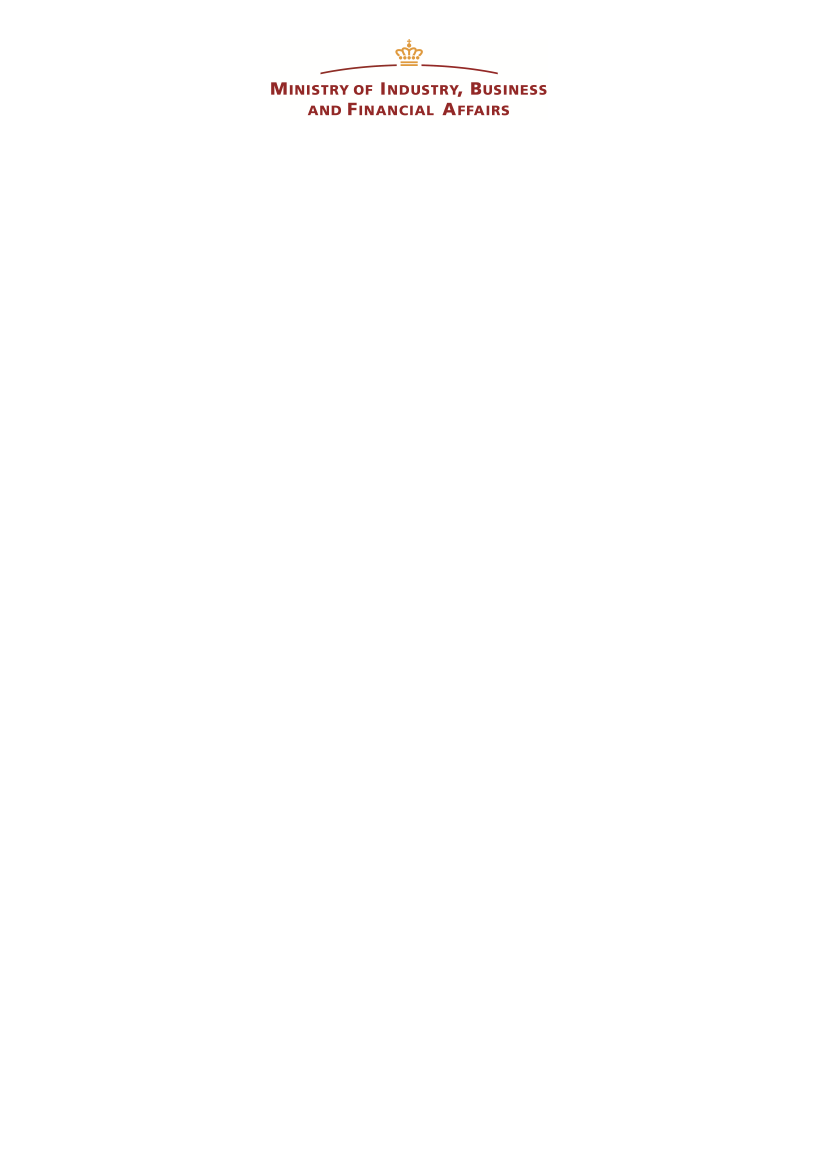
4. januar 2017
ERHVERVSMINISTERIET
Slotsholmsgade 10-12
1216 København K
Tlf.
33 92 33 50
Fax.
33 12 37 78
CVR-nr. 10092485
EAN nr. 5798000026001
www.evm.dk
Danish views on Tonnage tax, the maritime sector and state aid issues
Dear Commissioner Margrethe Vestager,
Following the recent debate on maritime taxation in Denmark, I wish to
draw your attention to a number of important issues regarding the interna-
tional competitive situation of the maritime industry, as the Danish and
European companies are facing strong competition from countries outside
of the EU.
I shall address the Danish challenges concerning mobile offshore drilling
rigs and vessels (possible extension of the Tonnage tax scheme), taxing of
personnel on off shore construction vessels (DIS), and the Maritime
Guidelines on state aid in respect to the definition of the destination crite-
ria.
Further, we are awaiting the Commission’s response to a notification re-
garding an extension of the scope of the Danish Tonnage tax in respect to
specialized ships. The Danish Authorities has previously forwarded doc-
umentation on the matters to the Commission services.
The Danish tonnage tax scheme
Mobile drilling rigs and drilling vessels
The current Danish tonnage taxation scheme is dedicated to ensure the
competitiveness of Danish ships and ship owners globally. The global
market is characterized by high mobility between flag States and the Dan-
ish tonnage tax scheme seeks to match the Danish conditions with the
conditions offered by other leading international shipping nations.